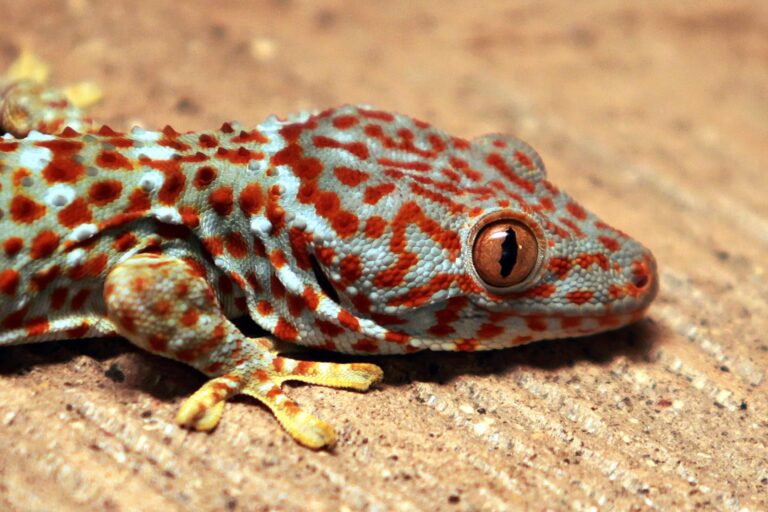- Three baby Sumatran orangutans, a critically endangered species, were recovered from poachers last November.
- The poachers’ sentences were stronger than normal, but conservationists are still pushing for harsher sentencing overall.
- To achieve that, they want the House of Representatives to revise the 1990 Conservation Law this year.
Three wildlife traffickers who were caught in November with as many baby Sumatran orangutans (Pongo abelii) were sentenced to between two and two-and-a-half years behind bars this week by a court in Indonesia’s Riau province.
“To capture a baby orangutan, hunters usually kill the mother,” said Herry Susilo, head of the Indonesian Orangutan Forum (FORINA).
Wildlife crimes in Riau are usually met with sentences of just one year, so Susilo and others praised the ruling, even as they called for harsher sentencing overall.
“The uptick in poaching and trafficking in Riau has rightly been matched with stronger law enforcement to give a deterrent effect,” said Wishnu Sukmantoro, the World Wildlife Fund’s (WWF) manager in central Sumatra.
The WWF is part of a coalition of organizations pushing for the House of Representatives to revise the 1990 Conservation Law this year to allow for harsher sentencing.
The item has been on the environment and forestry ministry’s to-do list since 2003, according to ministry official Ilyas Asaad. “Finally, the House and the ministry agreed in 2015 to put it on the House’s 2016 legislative agenda,” Assad said at a workshop in West Kalimantan this week.

The baby orangutans came from Aceh, Indonesia’s westernmost province, and are now under the care of the Sumatran Orangutan Conservation Program in North Sumatra. None was more than a year old at the time of capture.
Only 6,600 of the creatures were thought to remain in the wild — until a recent study more than doubled that number to 14,600.
Even with the revision, the Sumatran orangutan is a critically endangered species which scientists still consider to be “on the road to extinction,” in the face of extreme threats from habitat destruction and hunting.
One of the “most pressing dangers” to the species, the authors of the aforementioned studies have written, is the Aceh government’s new spatial plan, which would effectively open vast tracts of the the Leuser Ecosystem, one of Southeast Asia’s great swaths of intact rainforest, to industrial development. A citizen lawsuit against the plan is currently pending in a Jakarta court.

CITATIONS:
Rahmadi Rahmad. “Vonis 2,5 Tahun Penjara untuk Penjual Bayi Orangutan Sumatera.” Mongabay-Indonesia. 24 March 2016.Library













